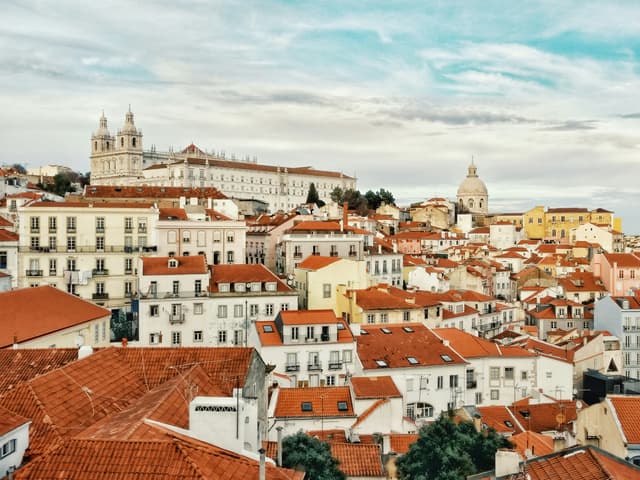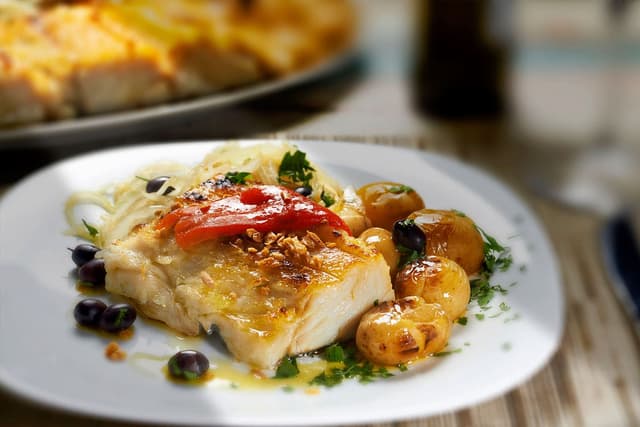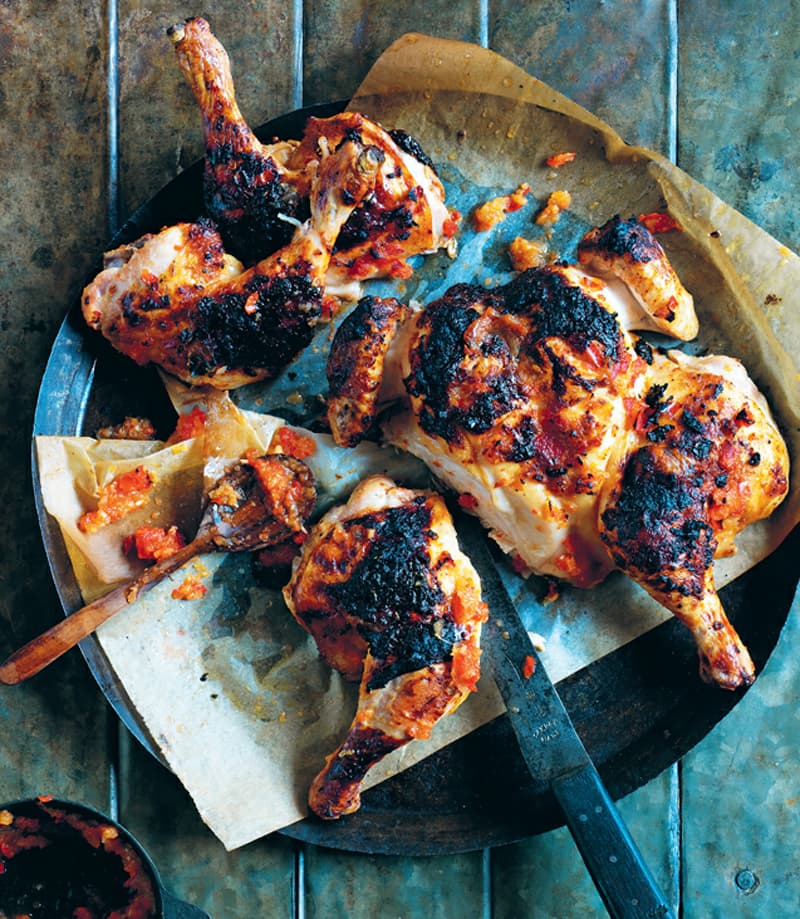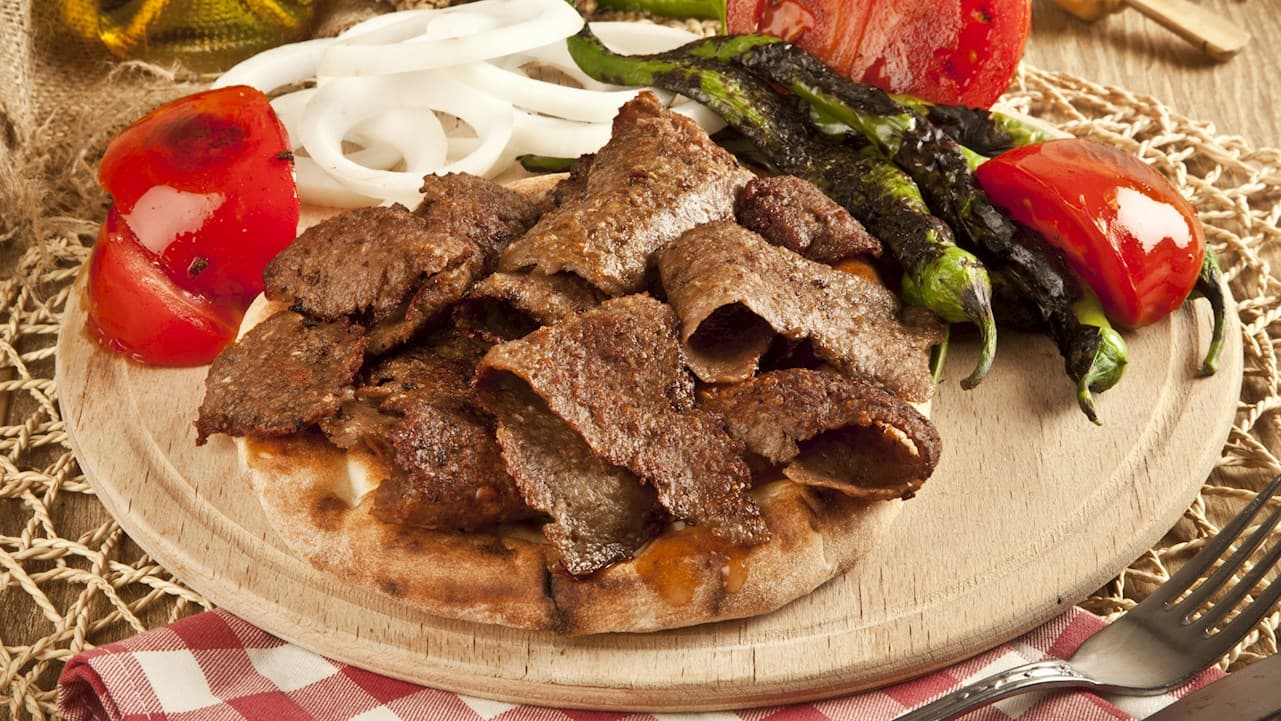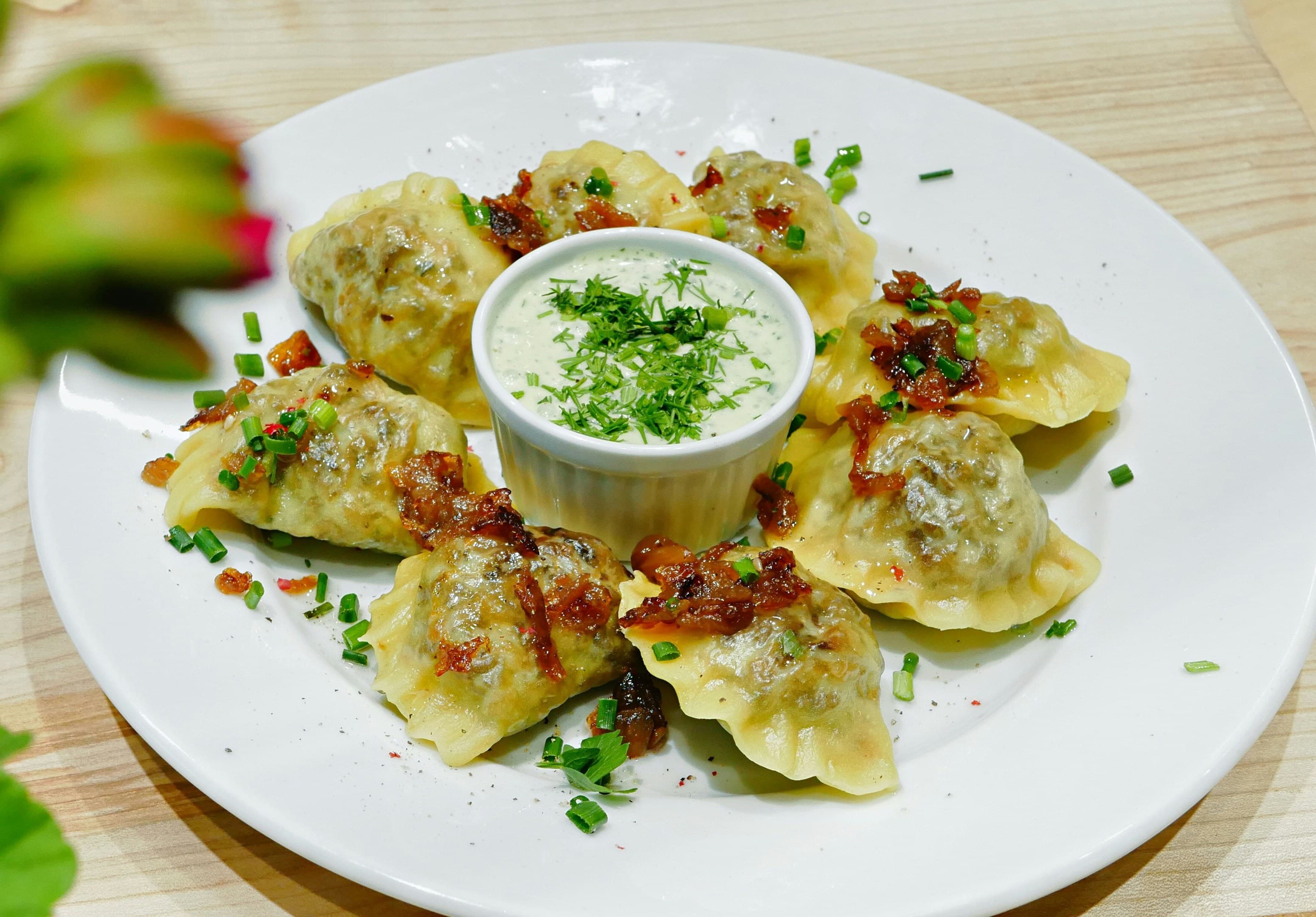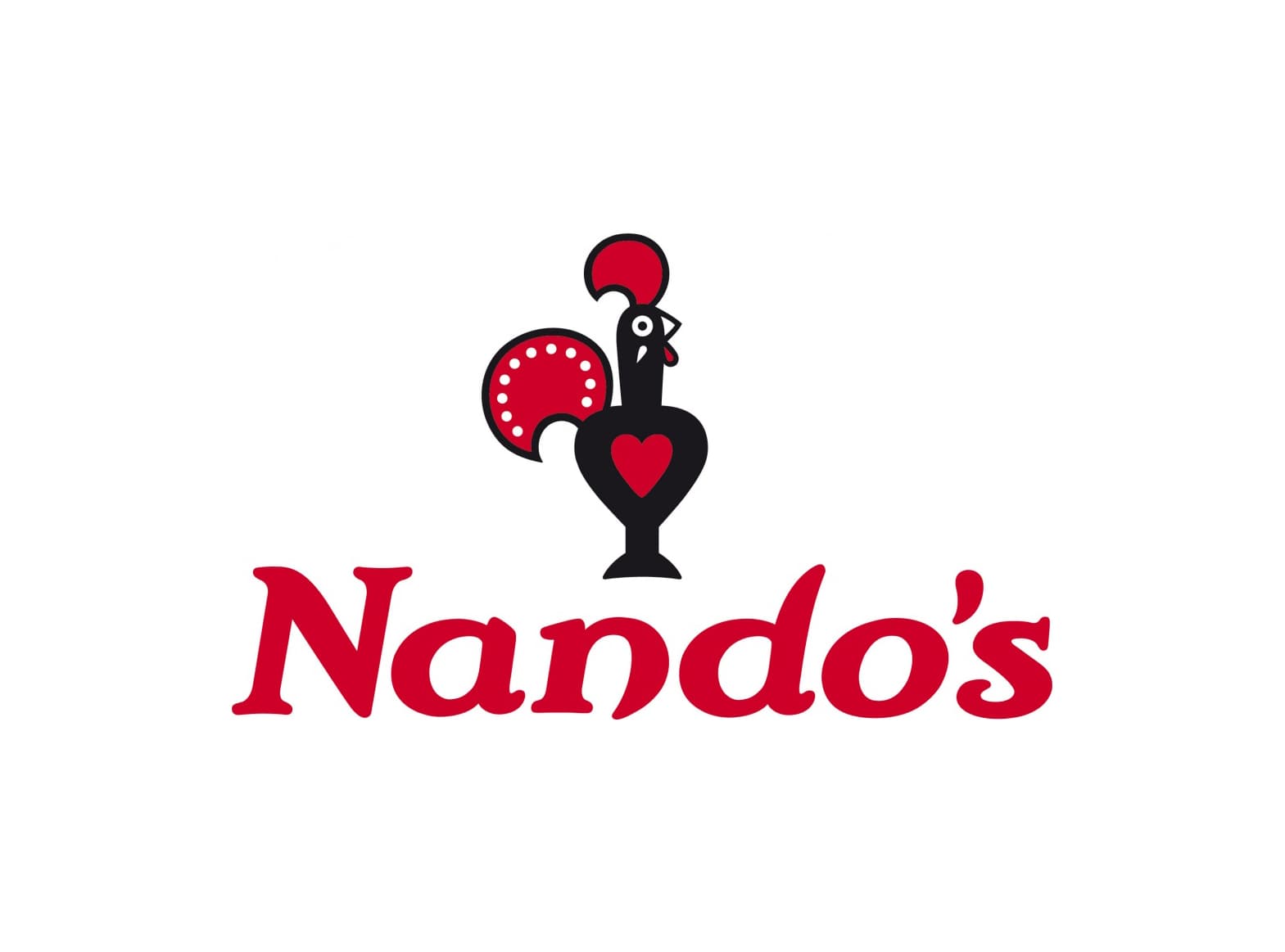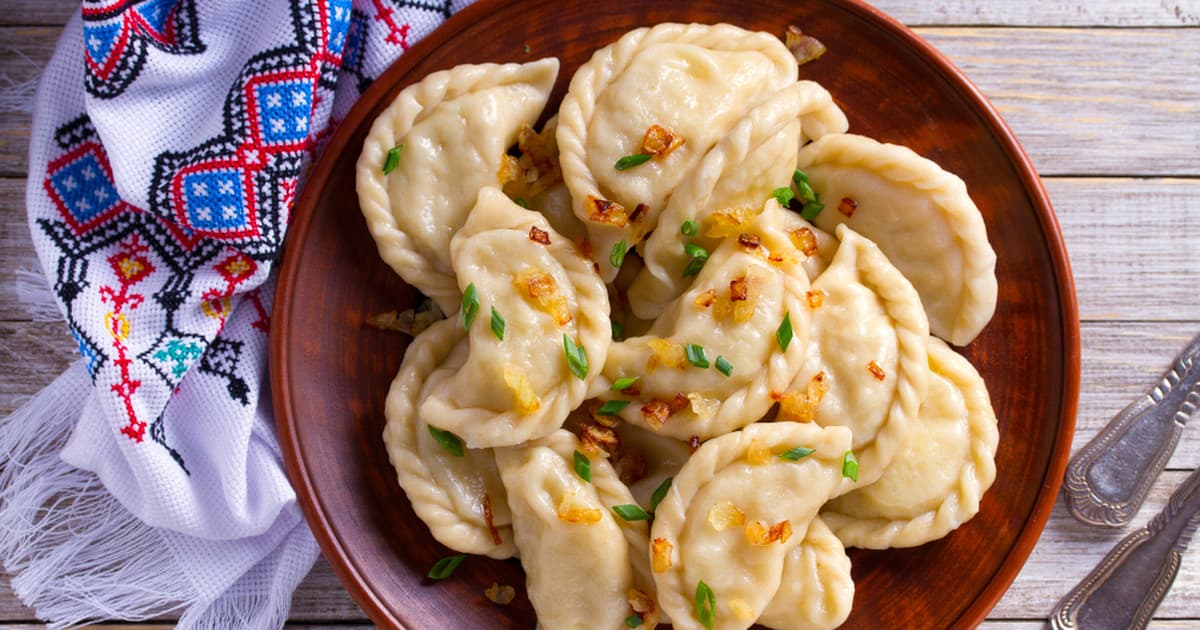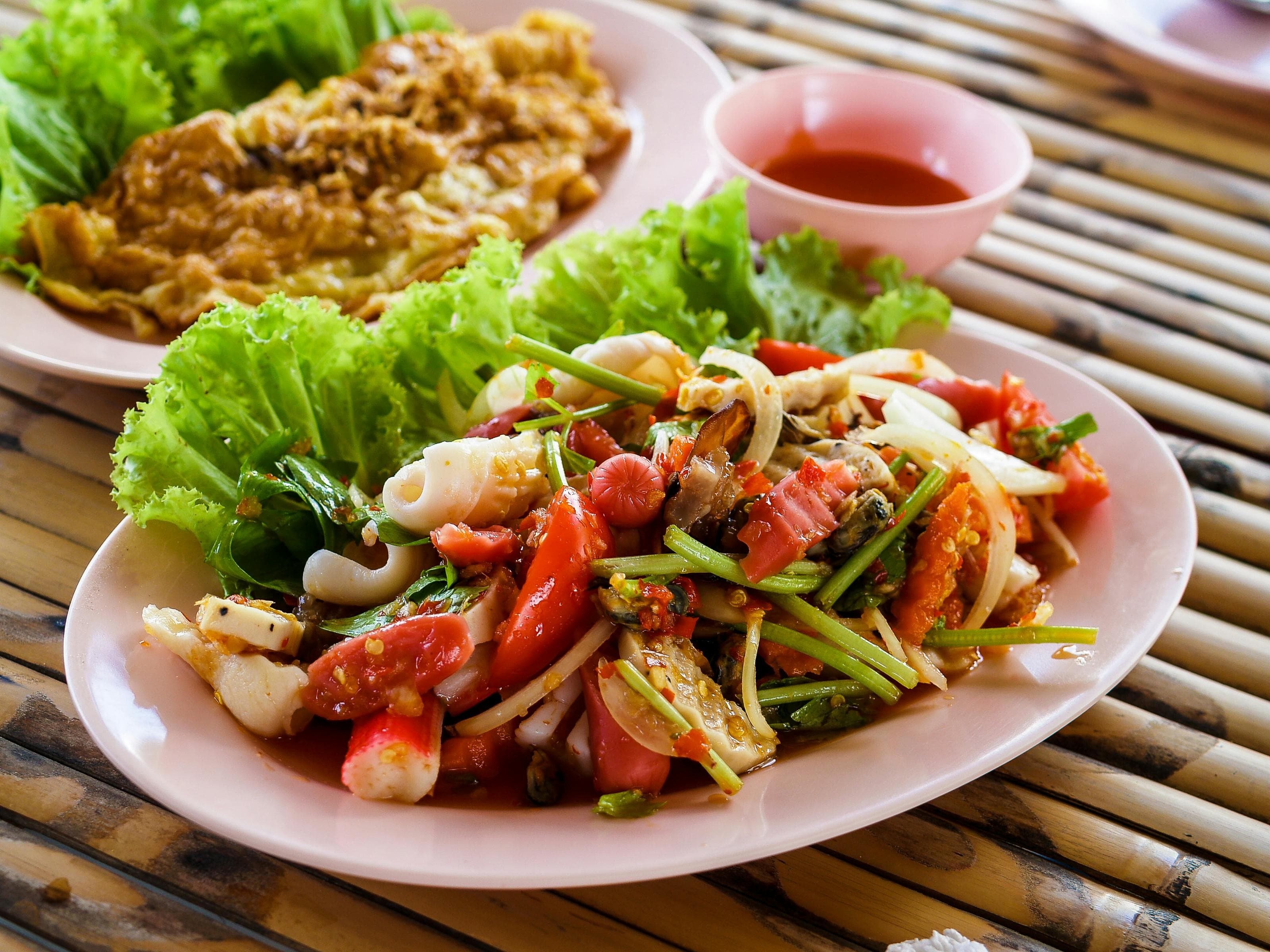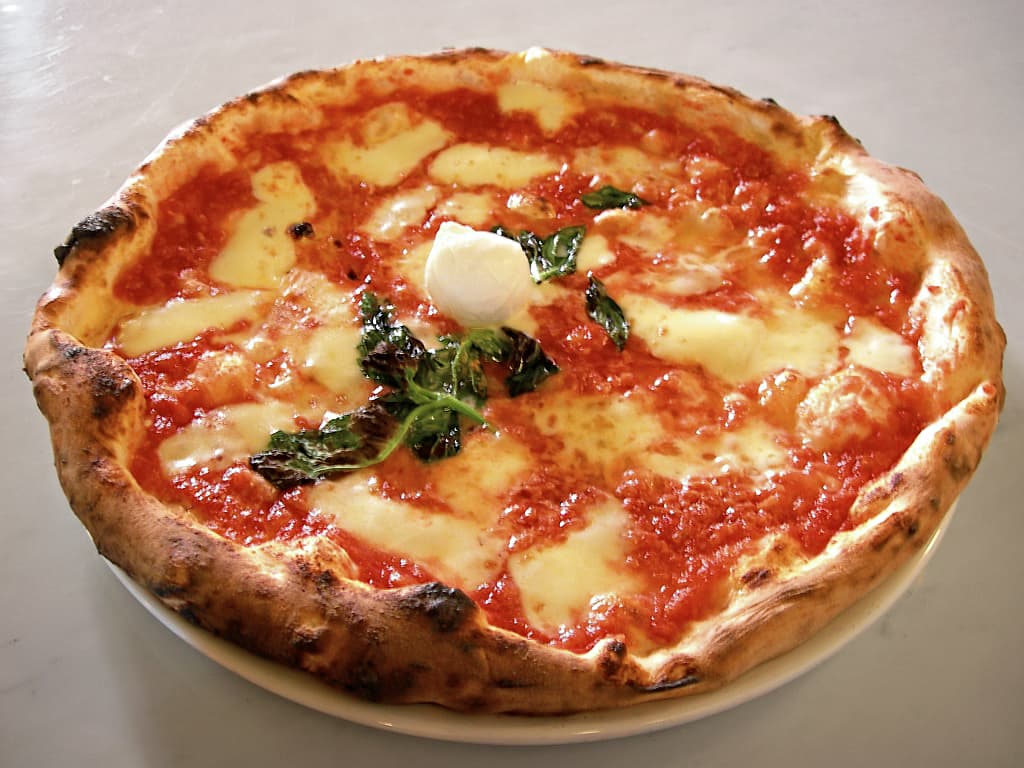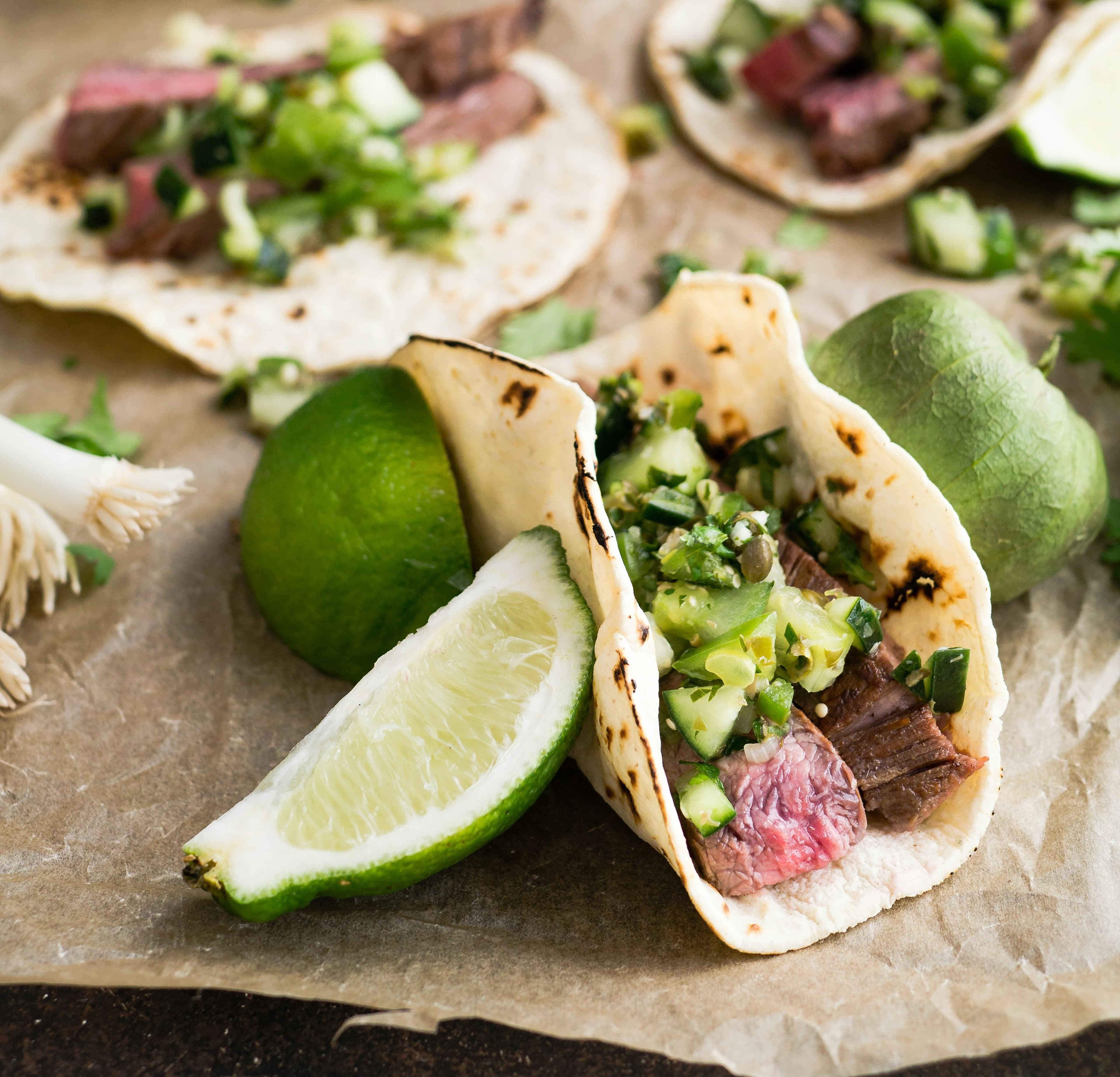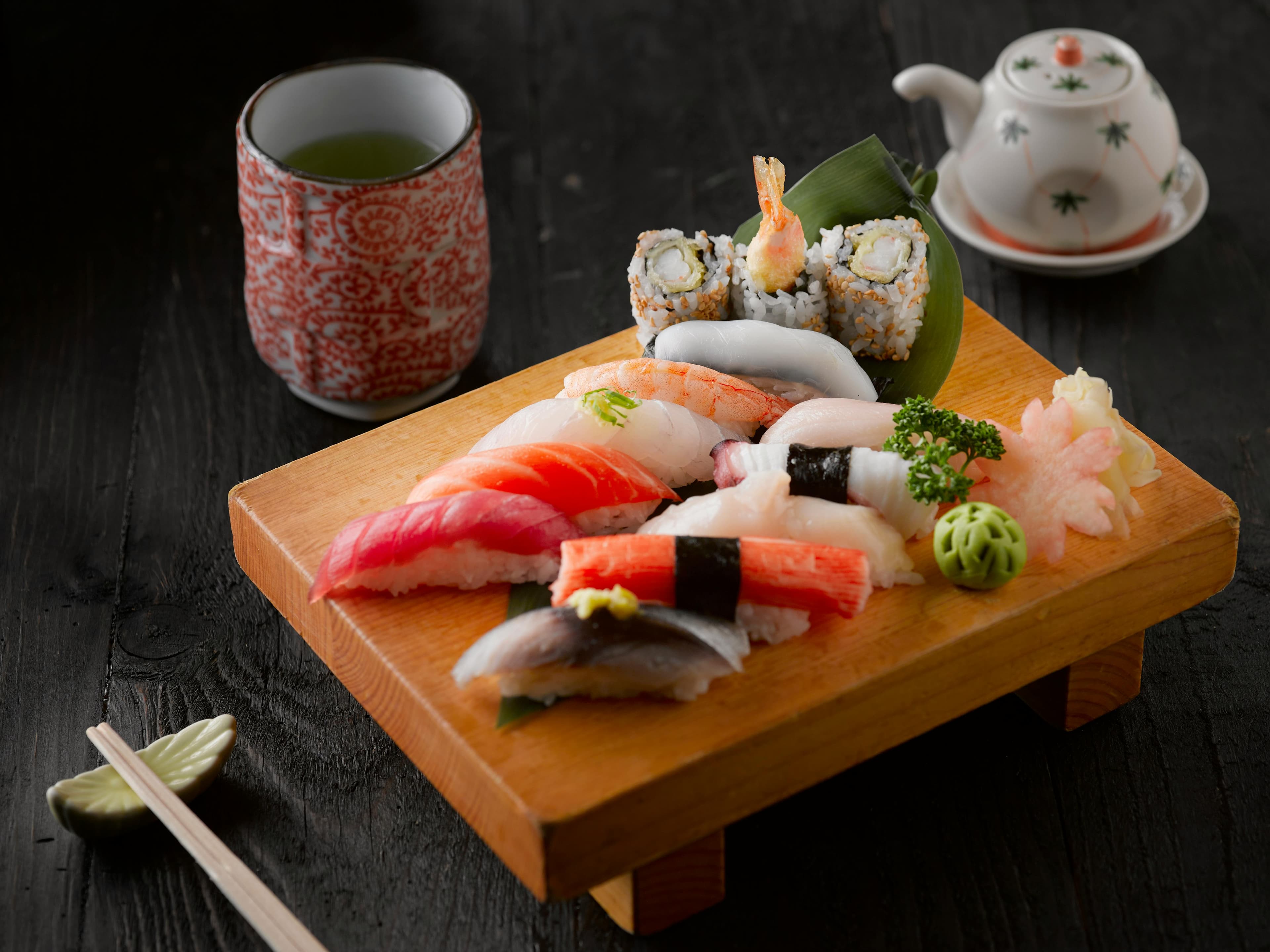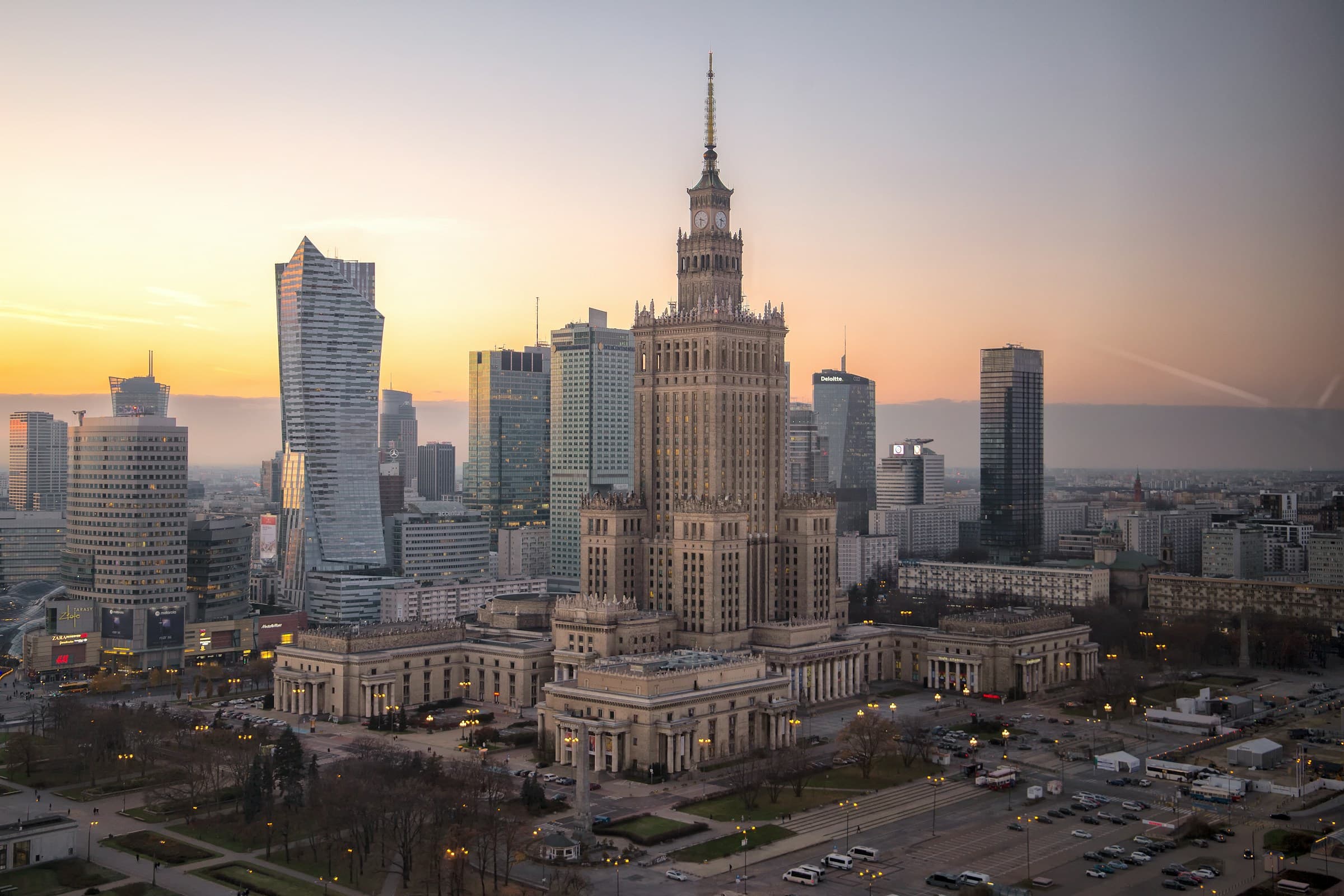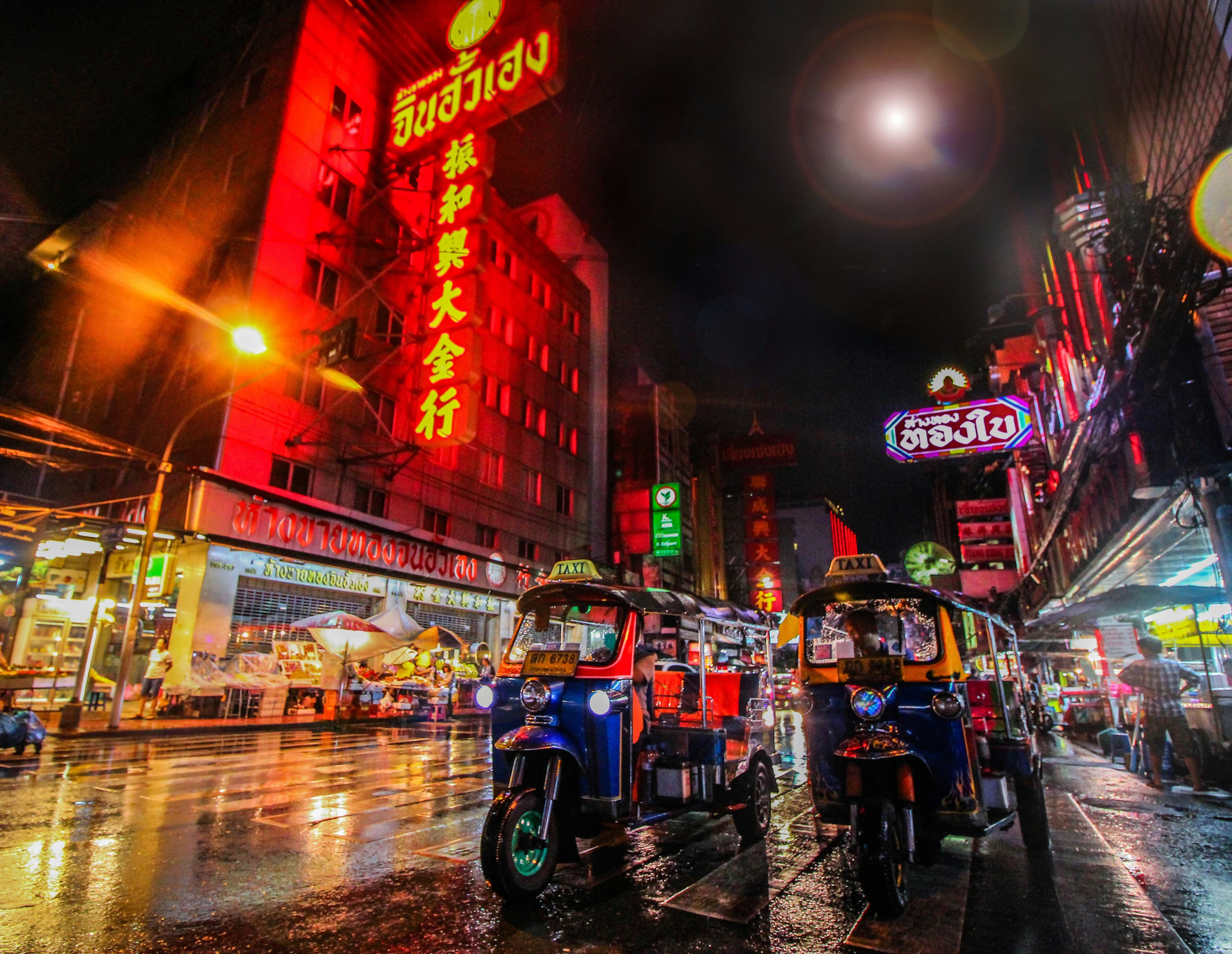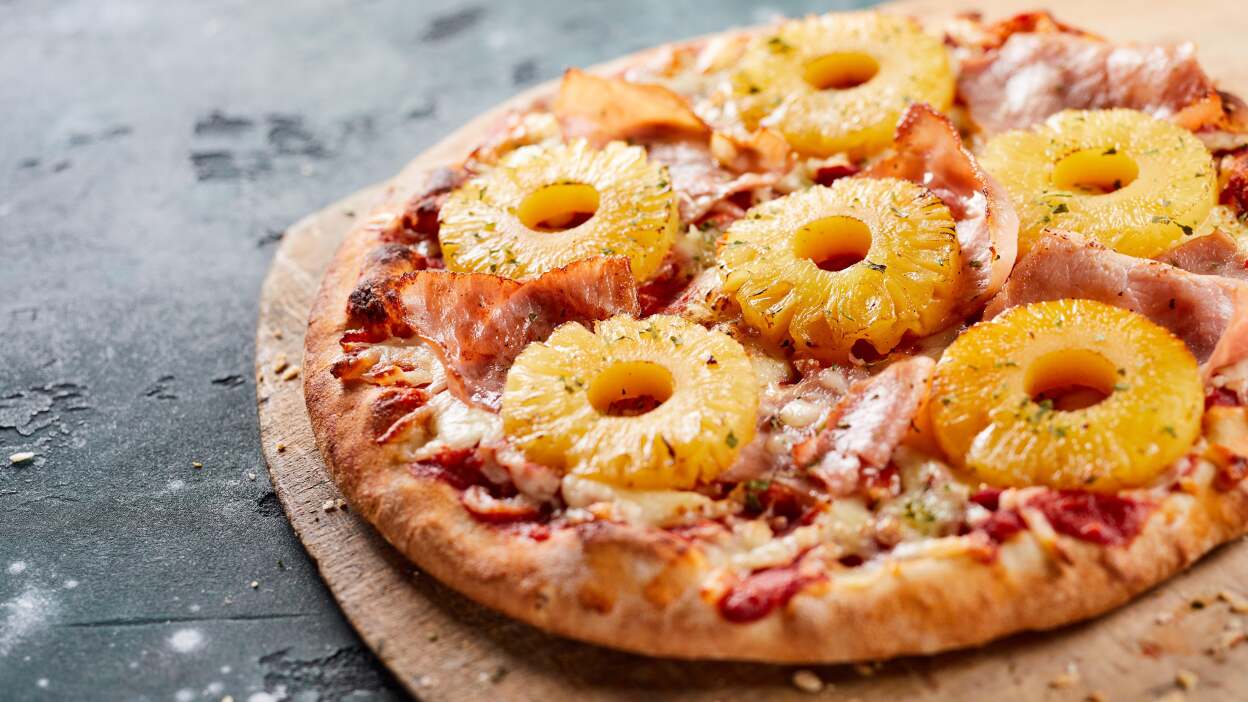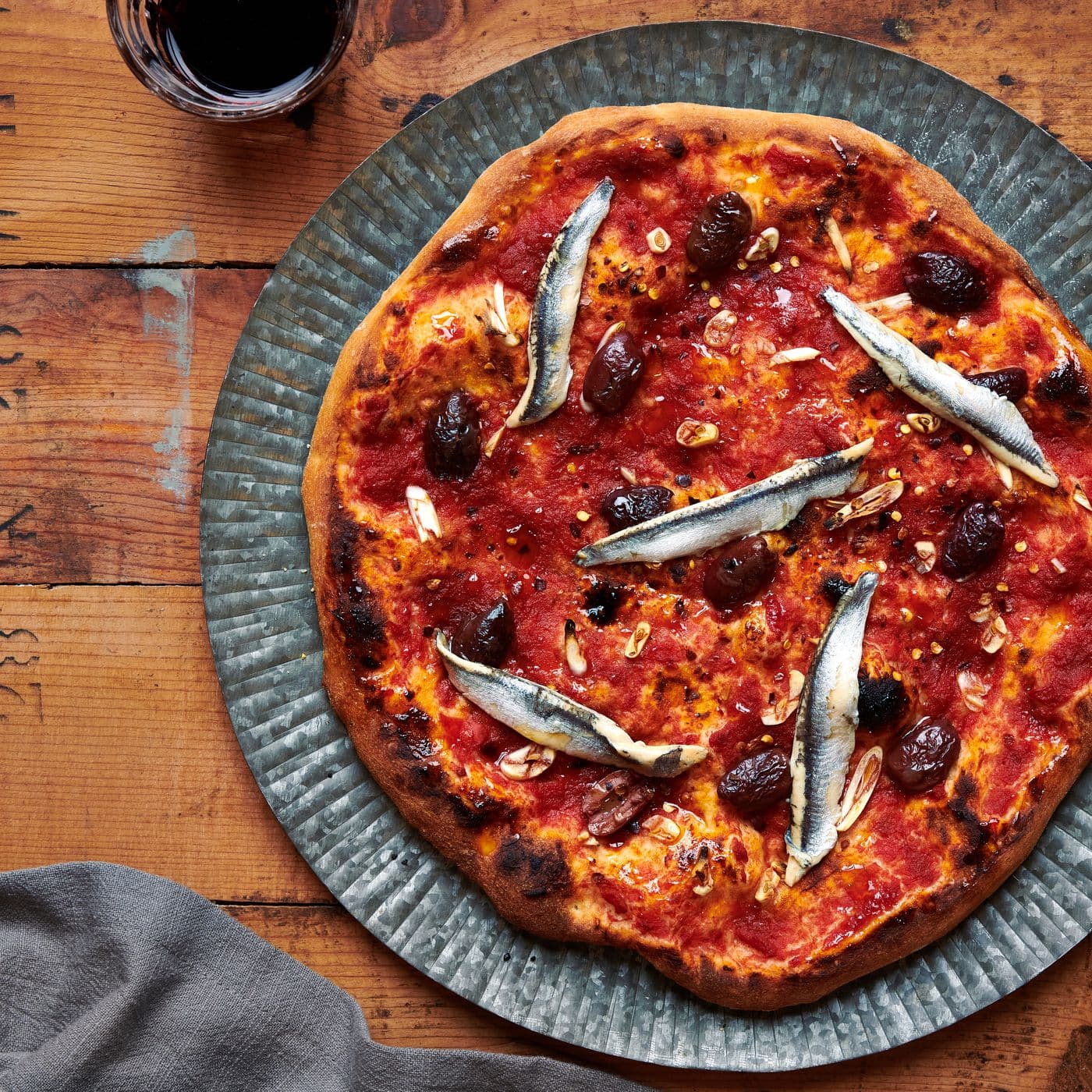Lisbon, Portugal vs. Portuguese Cuisine
Lisbon, Portugal
Lisbon sits on the western edge of Europe, right where the Tagus River meets the Atlantic Ocean. The city is built on a series of hills, which gives it sweeping views of red-tiled rooftops, cobbled streets, and the water beyond. Walking around, you’ll notice how the narrow lanes twist and turn, especially in neighborhoods like Alfama, where clotheslines stretch between buildings and the smell of grilled sardines lingers in the air. It’s a place where old and new blend together. You’ll find trams from the early 20th century rattling through streets, while modern glass buildings rise up in other parts of town. Down by the river, the Belém Tower and Jerónimos Monastery, both from the Age of Discovery, remind you that Portuguese explorers once set out from this very spot. Lisbon gets plenty of sunshine—nearly 3,000 hours a year. Summers are warm and dry, while winters stay cool and damp, but not too cold. Along the riverbanks, locals sit at cafés, sipping coffee or wine, while ferry boat...
Portuguese Cuisine
Portuguese cuisine stands as a prime contender for the title of the best food in the world, thanks to its rich culinary traditions, emphasis on fresh ingredients, and a harmonious blend of flavours that reflect its historical maritime prowess. Here's a compelling argument that underscores why Portuguese food deserves this accolade: Diversity Influenced by History and Geography Portuguese food is a palimpsest of the various cultures that have interacted with Portugal over centuries. From the Age of Discoveries when Portuguese explorers brought back spices from Africa and Asia, to the integration of New World crops such as tomatoes and potatoes, the cuisine reflects a synthesis of global flavours uniquely blended with traditional Iberian techniques. This historical melding of east and west, north and south, makes Portuguese cuisine not only diverse but uniquely rich and varied. Focus on High-Quality, Fresh Ingredients At the heart of Portuguese cuisine is the use of fresh, hi...
Reviews
Reviewed on 2/25/2025
I loved the weather and the architecture in Lisbon, and how beautiful and hilly it was. On the other hand, I found the food bland and apparently the locals hate digital nomads?
Reviews
| Item | Votes | Upvote |
|---|---|---|
| No pros yet, would you like to add one? | ||
| Item | Votes | Upvote |
|---|---|---|
| No cons yet, would you like to add one? | ||
| Item | Votes | Upvote |
|---|---|---|
| No pros yet, would you like to add one? | ||
| Item | Votes | Upvote |
|---|---|---|
| No cons yet, would you like to add one? | ||
Frequently Asked Questions
Lisbon, Portugal is known for its stunning views, historic architecture, and vibrant culture. The city is characterized by its red-tiled rooftops, cobbled streets, and a blend of old and new, featuring both traditional trams and modern buildings. Key attractions include the Belém Tower and Jerónimos Monastery, which reflect its rich maritime history. Lisbon also boasts a mild climate, with nearly 3,000 hours of sunshine a year, making it a popular destination for tourists.
Pros of living in Lisbon include its beautiful scenery, rich cultural heritage, and a relaxed lifestyle. The city offers a variety of activities, from enjoying Fado music to exploring vibrant markets. Additionally, Lisbon has a well-connected public transport system, making it easy to navigate. However, cons include rising living costs driven by tourism and expats, and some locals may have negative feelings towards digital nomads, which can affect the sense of community.
Lisbon enjoys a Mediterranean climate with warm, dry summers and cool, damp winters. The city receives nearly 3,000 hours of sunshine annually, making it an attractive destination for those who enjoy sunny weather. Summer temperatures can be quite warm, while winter temperatures remain mild, rarely dropping to extreme lows.
The food scene in Lisbon is diverse and vibrant, featuring a mix of traditional Portuguese dishes and modern culinary influences. While many visitors enjoy the local cuisine, some reviews suggest that certain dishes can be bland. Seafood, particularly grilled sardines, is a highlight, especially during local festivals. However, experiences may vary, and some locals reportedly have mixed feelings about the influx of digital nomads affecting the food culture.
Lisbon offers a rich cultural experience, with Fado music echoing from small bars, vibrant street art, and lively markets filled with fresh produce and seafood. The city celebrates various festivals, such as Saint Anthony’s festival in June, which features street parties, music, and plenty of grilled sardines. Visitors can immerse themselves in the local culture through these experiences, making Lisbon a unique destination.
Portuguese cuisine is renowned for its rich culinary traditions, emphasis on fresh ingredients, and a harmonious blend of flavors influenced by its historical maritime prowess. It features a diverse array of dishes that reflect a synthesis of global flavors uniquely blended with traditional Iberian techniques.
Staple ingredients in Portuguese cuisine include fresh seafood such as sardines, bacalhau (dried and salted cod), octopus, and various shellfish. Additionally, the cuisine emphasizes the use of fresh, local produce, piri-piri (small fiery chillies), garlic, and olive oil.
Portuguese cuisine reflects its historical influences through the integration of spices from Africa and Asia brought back during the Age of Discoveries, as well as the incorporation of New World crops such as tomatoes and potatoes. This historical melding of different cultures contributes to its diverse and rich culinary tradition.
Traditional cooking techniques in Portuguese cuisine include the use of the 'cataplana' (a clam-shaped cooker) that seals in flavors and juices, and grilling over charcoal which infuses dishes with a smoky richness. The cuisine also relies on simple seasoning to enhance the natural flavors of the ingredients.
As of now, there are no user-generated pros and cons for Portuguese cuisine. However, the cuisine is generally praised for its use of fresh, high-quality ingredients and diverse flavors. Possible cons might include the potential for some dishes to be too rich or seasoned for certain palates.
